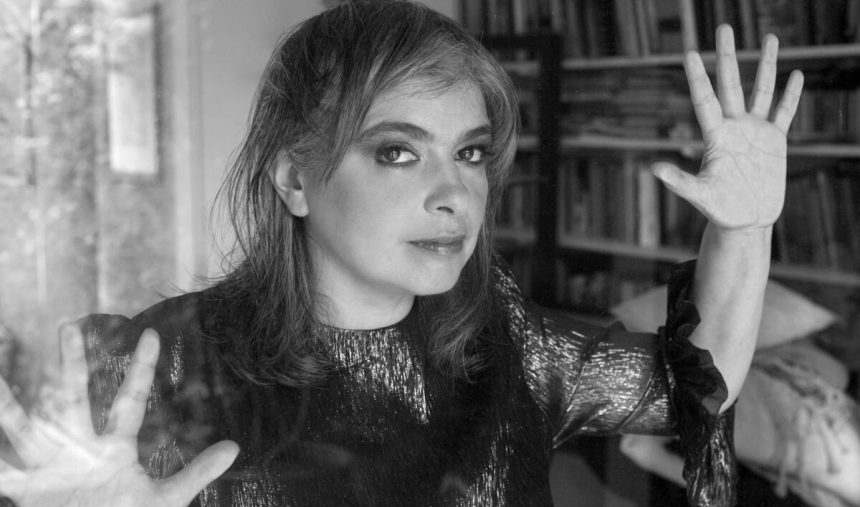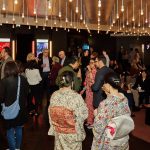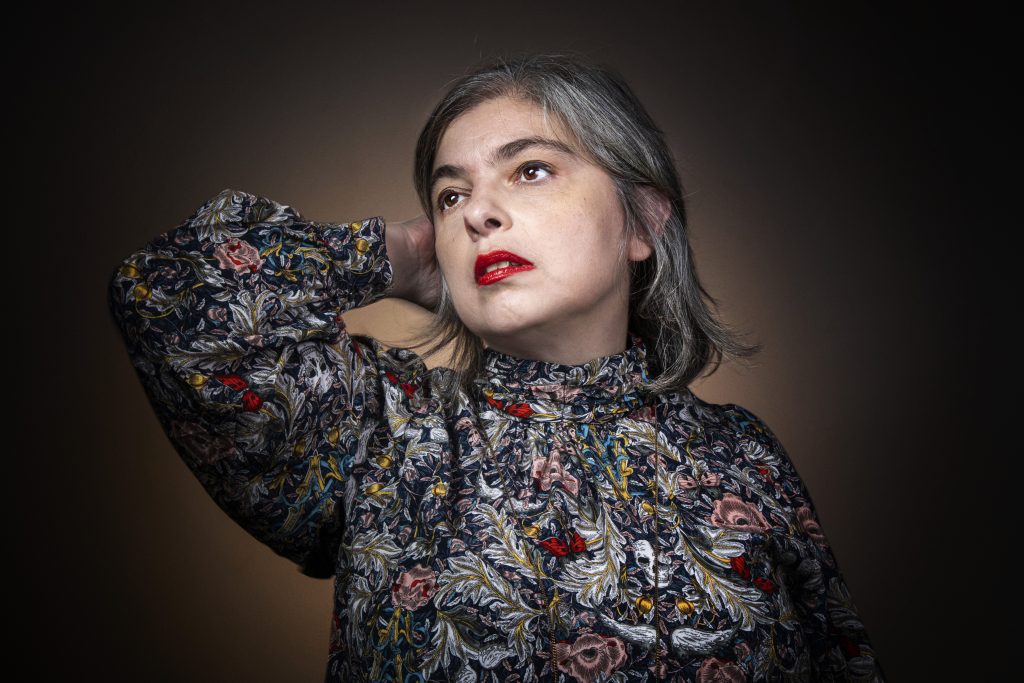
It so exciting that you’ve relocated to Australia! It’s a big transition – how has the move been?
It was always an option to come here and we decided that this was the right time. If we delayed it anymore, I don’t know if we would have willed the spirit to do it, because, yes, it is a big move. I’ll go back to Argentina once a year, more or less, because it’s my country, but I’m happy to be here now.
So is it more of a stage of life move rather than a political move?
It’s always hard in Argentina, but the kind of hardness that you have there, it becomes more concerning. It is one thing to struggle all the time when you are 30, and it’s another thing when you’re 50. I’m talking about really everyday things like the rent being outrageously high and inflation being out of control. It’s very unstable from health services to everything else. Of course it is very different here in Australia.
I’ve been very social all my life and now I’m craving a more silent kind of life. I didn’t want to live in a big city, after being in Buenos Aires for so many years, with the other 15 million people. I love Tasmania. It’s beautiful. And we could afford to buy a house here! My husband is from Perth so it’s new for him too. We’ve only been here a few weeks, so it still feels a bit like a trip, like a vacation.
A whole new audience will discover you here in Australia, not least via the festivals that you’re going to in Sydney and Melbourne. How do you imagine these new readers relating to your work, very much placed as it is in Argentina?
I never think about it, to be honest. I never think about readers, I just let it happen. For me, it was always very strange the way people relate to what I do; the curiosity and talking and trying to find things in common; what do people see in the writing that they could relate to; what’s exciting.
For me, literature is a conversation and even more so when it’s translated. I remember being in Poland in a festival and there was a discussion, and what the audience thought about power, politics and everything else was so different from where I was coming from. Their experience of the Soviet Union and communism and their whole history is so different from the South American experience. So what that audience took from my work and what they felt was very, very interesting.
I’m easy about what people take away. I’m very open. I don’t have any expectations. I never have.
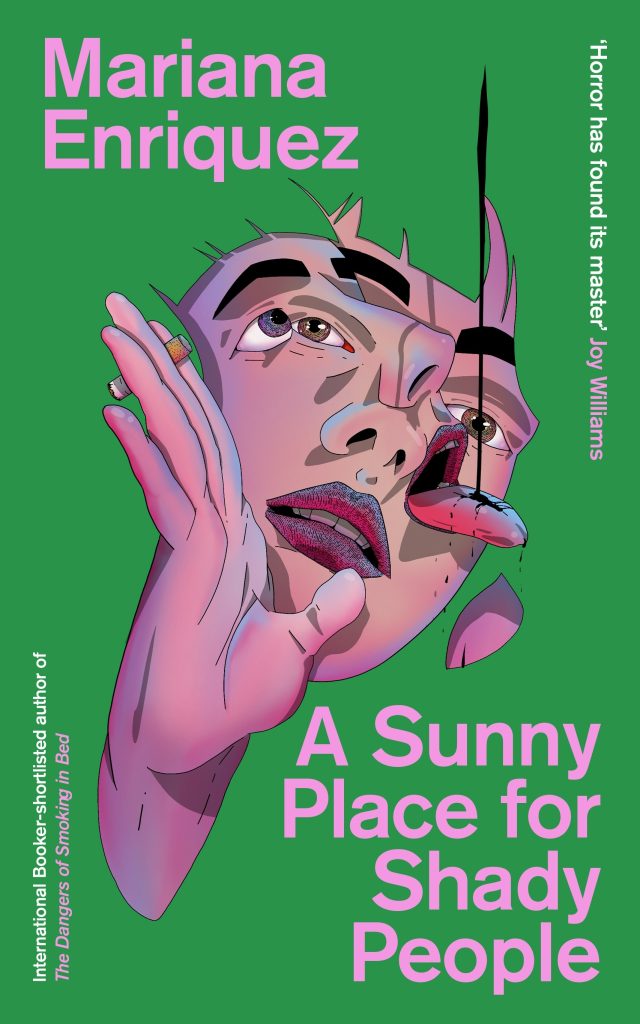

Every language is a different size and has more or less words for the same things. How do you sit with the tension between being excited to see what someone else has come up with in your translated works, versus a worry that something has been lost? In my English translations it’s been a great experience because my translator Megan McDowell is wonderful. She is American but she lived for years in Chile. Which is very different to Argentina. But it gave her perspective. She understands what Spanish is; the Spanish you speak in Spain is different to every country in South America. When I go to Chile and it takes me 15 minutes to adjust to their Spanish. In Argentina, the verb conjugations are completely different, and sound very formal in Spain. It’s the heritage of the Spanish colonies.
My translator understands those nuances, and it was such a blessing. Understanding the language is really understanding the culture. Spanish is enormous. So um for me, it was a blessing.
In some languages, like, for example, French and Italian and Portuguese I can control those translations because they are very similar to Spanish- I can understand them. But with the rest there’s nothing you can do. I saw my book in Korean the other day. I don’t even know if it’s my book! You have to let it go and relax. I’m not nervous about it.
When you talk to a reader of a translated work, there’s some kind of distance but it’s cool. They read the work of another person too, the translator is also a kind of author. I don’t have any anecdotes about bad translations, but plenty of my friends do.
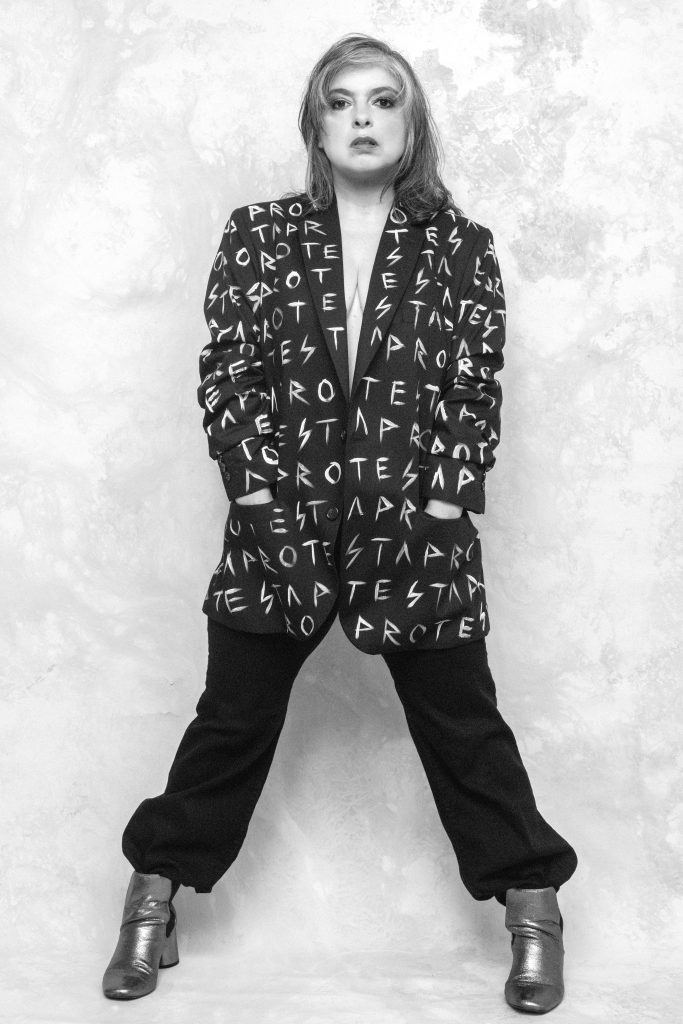
Even though South America is so much more massive, a lot of the power of the Spanish- speaking publishing world sits in Spain, mostly in Barcelona and Madrid. What effect does that have on the industry do you think?
I write in very local Argentinian Spanish, and I don’t standardise my Spanish. My publishers are very cool and interested in literature, so it hasn’t happened to me, but other writers I know have been asked to make their writing more Spanish-Spanish. I don’t think we South Americans think of Spain as a colonial power at all, for decades now our politics have been much more related to and affected by the United States. Spain is very far away, and yet to publish in our countries we often end up going through Spain. The power of the publishing corporations is there. If you have a book, and it does well in Argentina, it might be picked up in Spain, and then Spain is the one that distributes your book to the rest of Latin America. This is so wrong, but they have a monopoly.
So, the authors, like me, that you see in the English- speaking world, are the ones that have been approved by Spain. We like to think that the literature world is a space of freedom and creativity, but there are forces behind it. Especially when you come from the periphery you see very clearly what’s going on -who is chosen and why.
Your work often reflects the terrible things that have happened in Argentina- the disappearances and the violence – through the prism of ghosts and fantasy and horror. Now you’ve moved, do you think you’ll start writing about what you experience and learn in Australia, or do you think your work will always have Argentina at its heart?
I’m writing a new novel now that is very Argentinian and it has to do with ghosts. In the last few years in Argentina there has been an explosion in literature, especially from my generation and a bit younger than me, talking about the dead and the disappeared. We are the direct children of the dictatorship. The disappearances have been really ghostly situations; imagine a body is suddenly not there, but the memory is there. The faces of these young people that are dead that now should be 25 years old but are still 8. It’s something very haunting to me- it is part of my history and I’m still writing about it. I have a plan for two other novels that are still very much rooted in Argentina.
Australia has its own politics and ghosts. It’s not the same, but it’s there. It’s the way I look at things. For example, I’m in the Tasmanian city of Launceston, and the Tasmanian tiger is on the city logo. I find it extremely creepy that the city uses the image of this ghost animal. I got obsessed and I started looking into it and went down some rabbit holes. The amount of people that say they live with this long extinct animal is amazing. Last night, I was listening to a podcast that featured a woman who said she lived with 60 of them out in the bush.
Have you been to Port Arthur to look for ghosts in the haunted prison?
Yes- I didn’t see anything at all!
There are so many ghosts in your books. Have you ever seen or felt any ghosts anywhere?
Me – no, but some members of my family can.
My mother and my auntie both have the same kind of mediumship, when they smell things- ghosts and spirits. They can sometimes see them too, but it’s mostly smell.
My grandma used to smoke these little cigars. She smoked them secretly, especially at the end of her life. And they have a very strong scent and my auntie would say she would smell them when her mother was back. I remember her telling me not to go into a room because grandma was in it and I might get spooked. It was an everyday kind of thing. It could happen in any place- they would pick up the smell of a ghost.
And I think that’s part of my fascination. I mean living with these people. My mother is a doctor and my aunt is a very rational woman who had her own business and lived in America. And still, they have this other side that is completely unprejudiced and esoteric. I don’t think they necessarily like it, it’s just something that happens to them. But it never happened to me. So in horror I found that personal fascination and an aesthetic I like, along with all political possibilities of what you can do.
It’s very trendy online now in younger generations to try and communicate with ghosts and spirits. Where is that coming from do you think?
Yes, there’s lots of young women and girls especially online that are manifesting, and working with this and that entity, and performing rituals and having altars. Some of them of making good money from it. I find it absolutely fascinating. They’re playing and they’re mixing it with astrology and with women’s empowerment and all kinds of things. It’s very complicated
The other day, one of these medium girls sent me a message and said my father was manifesting and wanted to talk to me. I was like, ‘Okay, I don’t want to talk to him.’
My dad would never do that. He would never come back from the dead! He was a very rational engineer mathematical kind of person. Even if he had the possibility to, he wouldn’t, he was very discreet! But still, I was thinking about it for days afterwards.
So they have these buttons, they’re like demons, and they’re talking to you. I don’t think these young women understand how crazy and dangerous the internet can be. They’ve never known a world without it but still they’re dancing around what’s real and what’s not real. The relationships these sort-of mediums form with the people can be very, very strong to the point where they can really upset others. It’s hard to imagine it’s a safe space for the consumers of it but also for the young women running these accounts and these businesses.
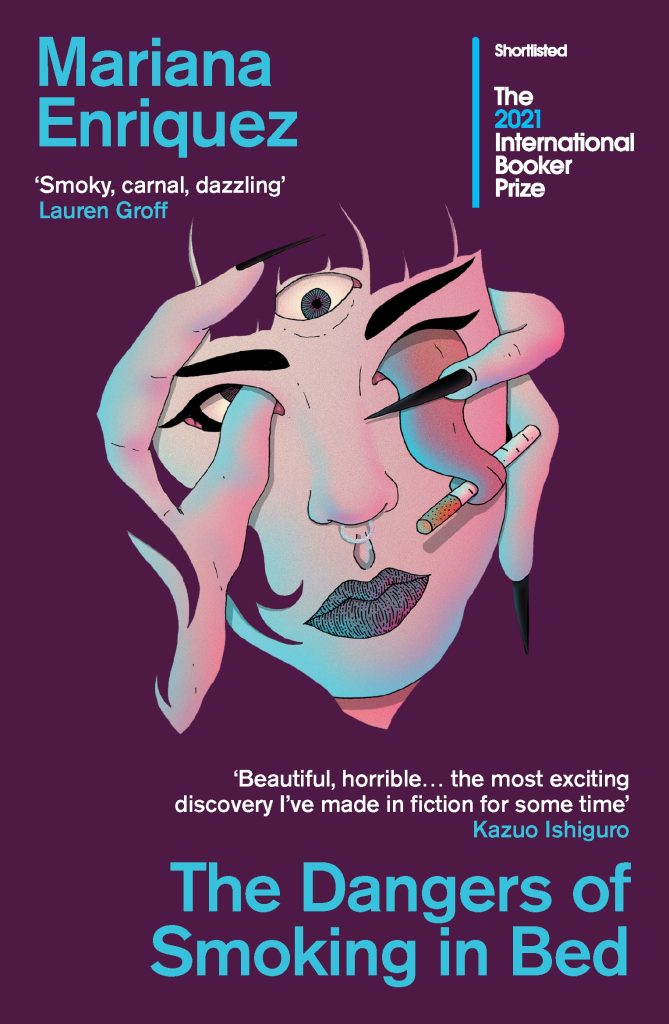
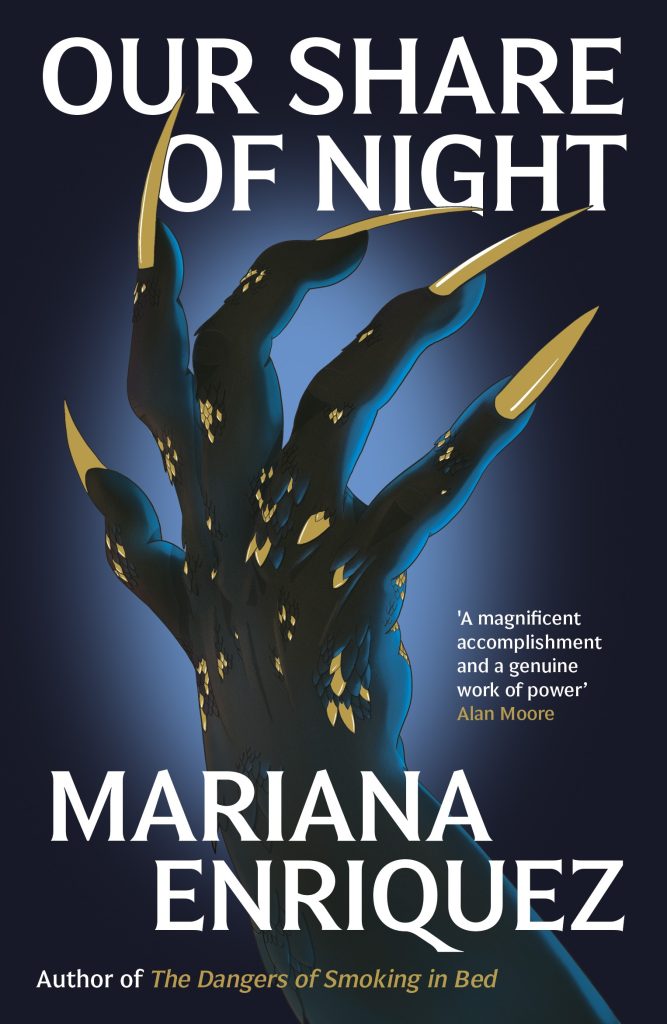
Like a new kind of online horror?
Yes it’s the Wild West out there. I think we forget sometimes how recent the whole internet is, as a space. It’s so vast and enormous and limitless in a way, and we’ve only just started. 15 years of the internet is nothing, and we are using it like it’s something that we know how to use. We don’t know anything. We can’t- it’s so new. We step on it and into it so carelessly and it’s a completely uncharted territory. I find it fascinating, but also very, very scary.
I think it’s dangerous for consumers, and also for people working if they’re trying to make a living, especially these young people as they’re exploring the working world for the first time in this arena, and that’s unprecedented. They’ve got access to every kind of person in the world, and also every mistake is in public domain straight away.
Do you worry about how they’re making money?
All of a sudden, independent young women can make a lot of money by sexualising themselves online. It’s the easiest way to make money fast and without having to do anything in the real world it probably feels safe to them. We don’t really understand this tool, if it is a tool, or the territory. Younger and younger boys are watching this stuff, and they all think they’re crypto experts as well! I consider myself a progressive, and the question of whether women sexualising their bodies for money is liberating or demeaning is an old one, but this explosion of young people making money this way feels like going backwards. It’s very complicated for older people to talk about what female empowerment is in this space, and you know, you can’t deny the younger generations their opportunities either, so it’s tricky.
But for me, it is creating a space for horror. I don’t know if I will ever write about it. I’m still kind of a 90s child, so my perspective is different, but I find it very interesting, absolutely fascinating. Especially now I’ve moved, the internet is my window to my friends, to my mother, to Argentina. My job back home as well, even my language. I’ve been down some rabbit holes already around this area and yes, it’s absolutely the stuff of very, very good horror. One day I will do something with it.
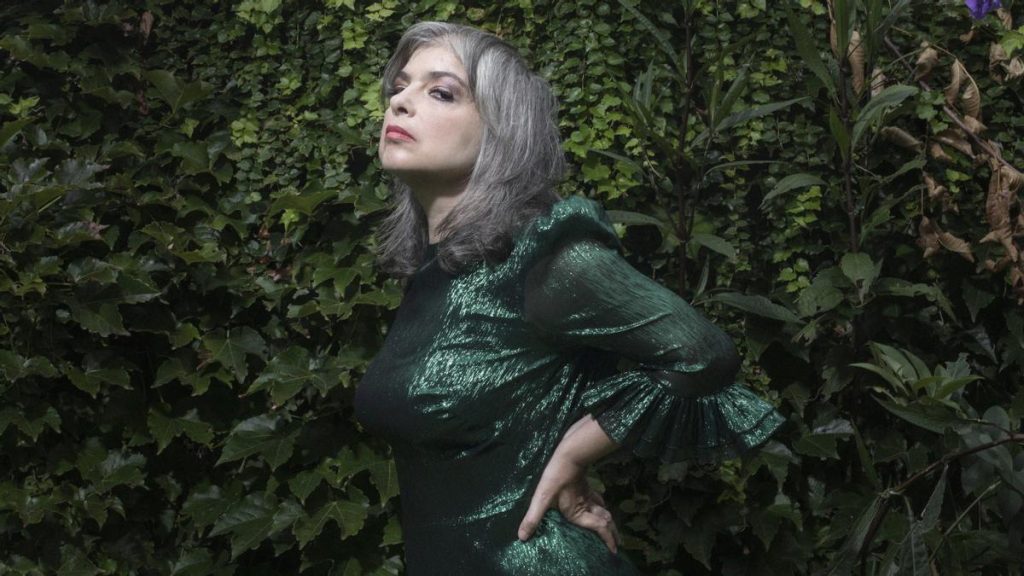
In Argentina, like a lot of South American countries, the elite is particularly small and has a particularly strong hold on the resources and capital of the country. Vast income inequality feeds some of the injustices that your books deal with. Do you see that structural inbalance getting better over the years?
I think it’s worse. Maybe what it looks like is changing, but the same structural exploitation of resources for the benefit of very few continues. The income gaps are worse than ever.
100 years ago this was all related to the exploitation of the land and the destruction of resources. In Argentina it was a very much like the American West but for us it was the South, stretching down to Patagonia. It was called the conquest of the dessert and it was the attempted extermination of the native peoples in the South. Many survived of course, but whole cultures were wiped away. The people that fought those campaigns were rewarded with huge parcels of land, and became what we now call the latifundios, the big landowners. It’s more or less the same pattern across the whole continent.
Over the years some of this old money was wasted or changed hands, but now they have sold a lot of their land to new money, maybe big industrial or communication companies, for example. They’re destroying the Amazon, exporting lithium, mining, polluting. It’s the same predatory practices but ramped up.
Do you still see much of the old latifundios around?
The old families are seen more like decadents now, they still have their palaces, but not the power. They used to control politics, but the new owners don’t even care, they don’t need it. To me this is worse, because it’s like power over democracy. All. this money and power is now global, so you don’t really see where it ends. Even the old elites kept some of their money in Argentina, and they would pay for things. Now even that has gone.
If you do have money in my country you can live like a King, but the ordinary people are becoming poorer. Even so, we still have free healthcare and education in Argentina, and this of course is the great social leveller. These things are threatened though, with poor management and lack of political will and inflation. If my family would have had to pay for me to go to University, it just wouldn’t have happened. When I talk and write about theses things, people sometimes tell me that I must have a strong social conscience or be very interested in politics, but it’s not that to be completely honest. When you live in these systems, it’s your everyday life. It’s everything.
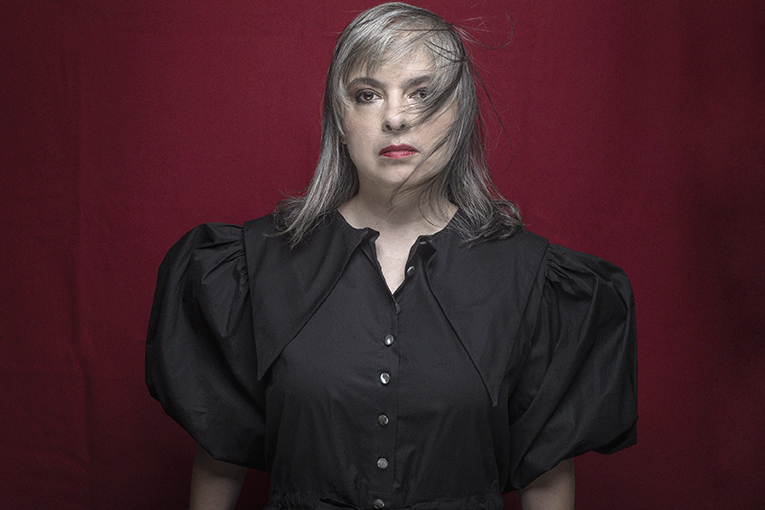
So are you carrying on with your journalism in Argentina from Tasmania?
Yes absolutely. I used to be an editor as well but it’s impossible with the time difference. I write articles about arts and culture mostly. Once a week, something like that. They still send me books on a PDF and I write literary criticism. It’s so easy now. I can be sent a movie screener online. I’ve been a rock journalist for 25 years, I do a lot of music reporting. I really want to stay in touch with home, and exist there in some form in my language. It’s important to me.
Any Aussie gigs coming up?
I’m going to Dark Mofo, I really like black metal so it’s perfect for me. I’m looking forward to seeing Jessica Pratt, and there’s a very good New York band I like called Imperial Triumphant. I’ll go classic as well and see Crime & The City Solution. These are my kind of bands. They’re screening some cool movies as well like Melancholia-I’m looking forward to it!
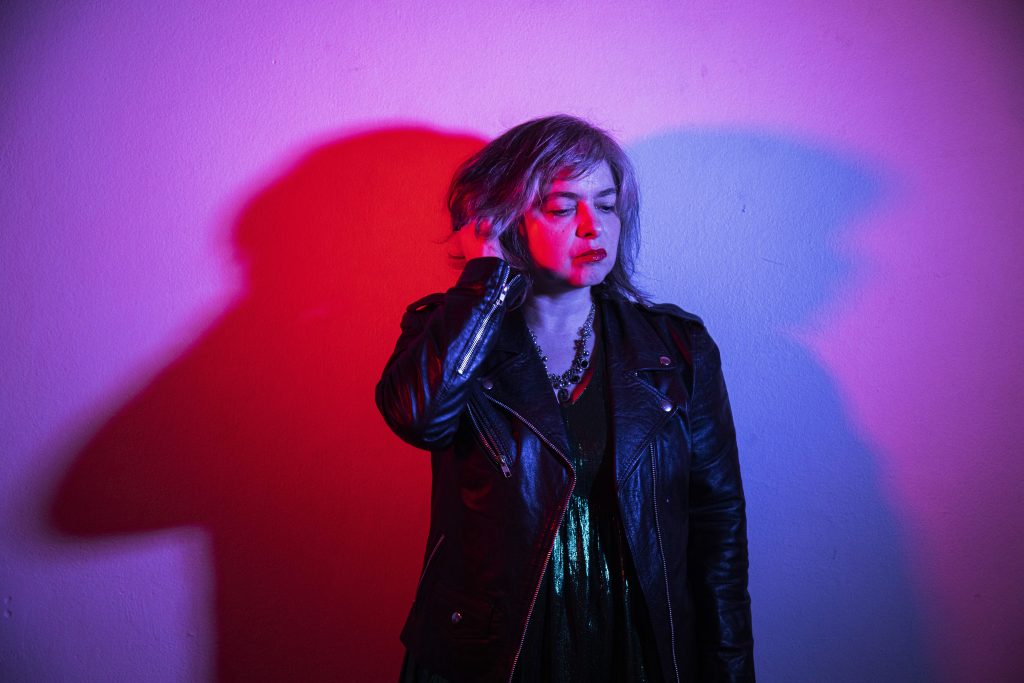
Sydney Writers’ Festival
19–27 May 2025.




